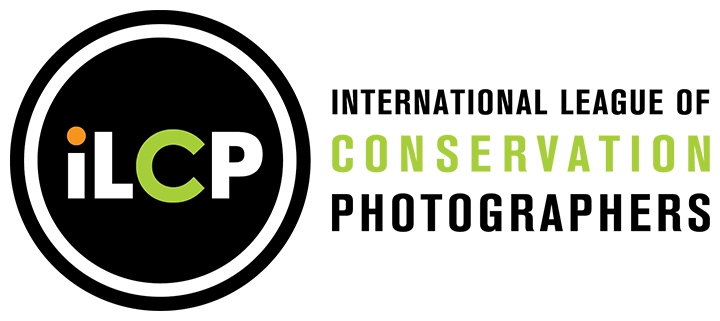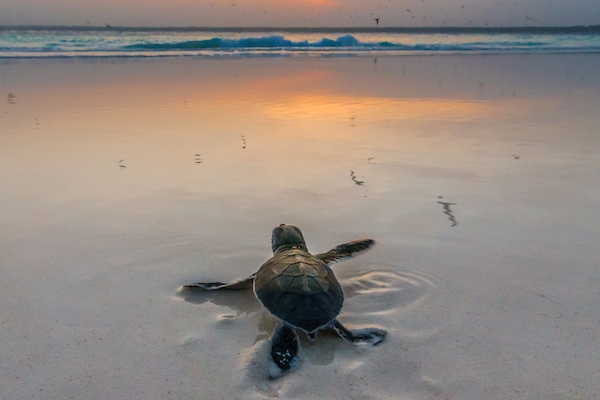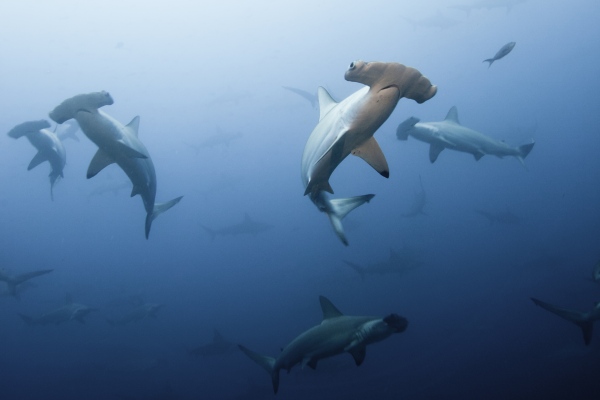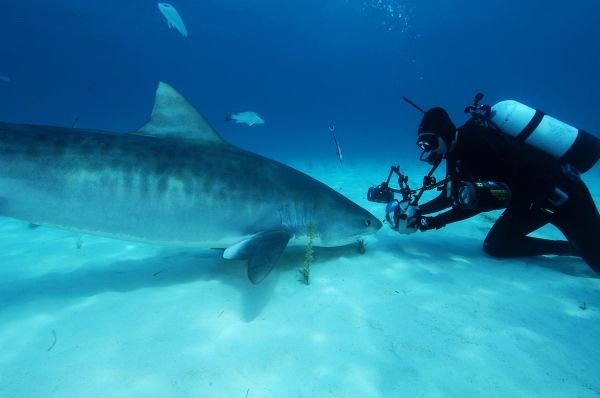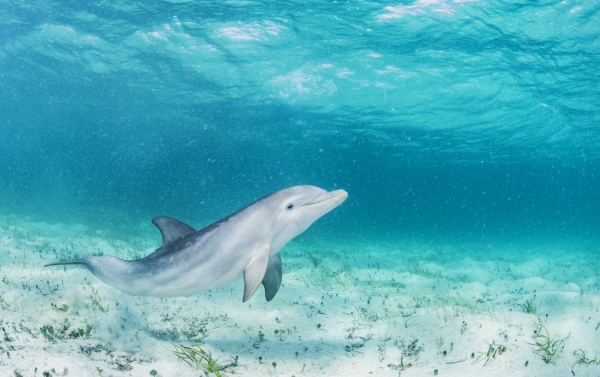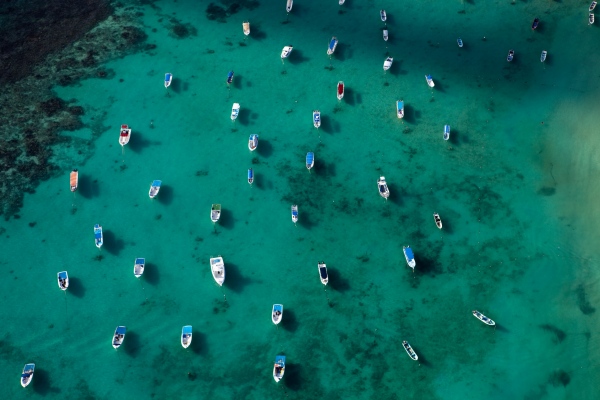

Mexico
In Mexico, we will focus our efforts on Scorpion Reef National Park (SRNP - Arrecife Alacranes) and the new Celestun Fishery Refuge Area (CFRA). The objective of these WildAid projects is to support the transition towards sustainable fisheries in SRNP and CFRA by strengthening enforcement of fisheries regulations to benefit coastal communities that depend on marine resources for both their nutrition and livelihoods.
The Yucatán Peninsula, which separates the Gulf of Mexico from the Caribbean Sea, boasts a variety of rich and productive ecosystems, including coastal lagoons, mangrove forests, and coral reefs. The region supports countless birds, reptiles, marine mammals, crustaceans, mollusks, and fish, many of which are commercially important for local communities. A number of protected areas have been established to safeguard the region’s nature and wildlife, including the Scorpion Reef National Park (SRNP), which protects the largest reef in the southern Gulf of Mexico, and the new Celestun Fishery Refuge Area (CFRA), which is of critical importance for coastal community livelihoods and nutrition. Scorpion Reef (known locally as Arrecife Alacranes) is a reef surrounding a small group of islands off the northern coast of Yucatán, Mexico. Designated a national park and biosphere reserve, it is the largest reef in the southern Gulf of Mexico and the only known coral reef in the Yucatán.
Both sites allow fishing in designated areas, which are used by local fishers who primarily target octopus, grouper, and lobster. Unfortunately, nearly half of all fishing in the area is done illegally and enforcement by government agencies is virtually nonexistent. Thus, commercial stocks have suffered from extensive poaching, impacting community income and catch. For example, in CFRA, a legal fisher can bring in approximately $15/day in revenue from their octopus fishing, while an illegal fisher earns between $50-100/day. This disparity means that illegal fishers have no incentive to stop without meaningful consequences and strong enforcement. Currently volunteers from fishing cooperatives conduct patrols to protect their concessions, but without government support these community rangers often face many challenges and dangers. WildAids efforts focus on the enforcement aspect, to provide lasting benefits for coastal communities and support sustainable fisheries management practices.
